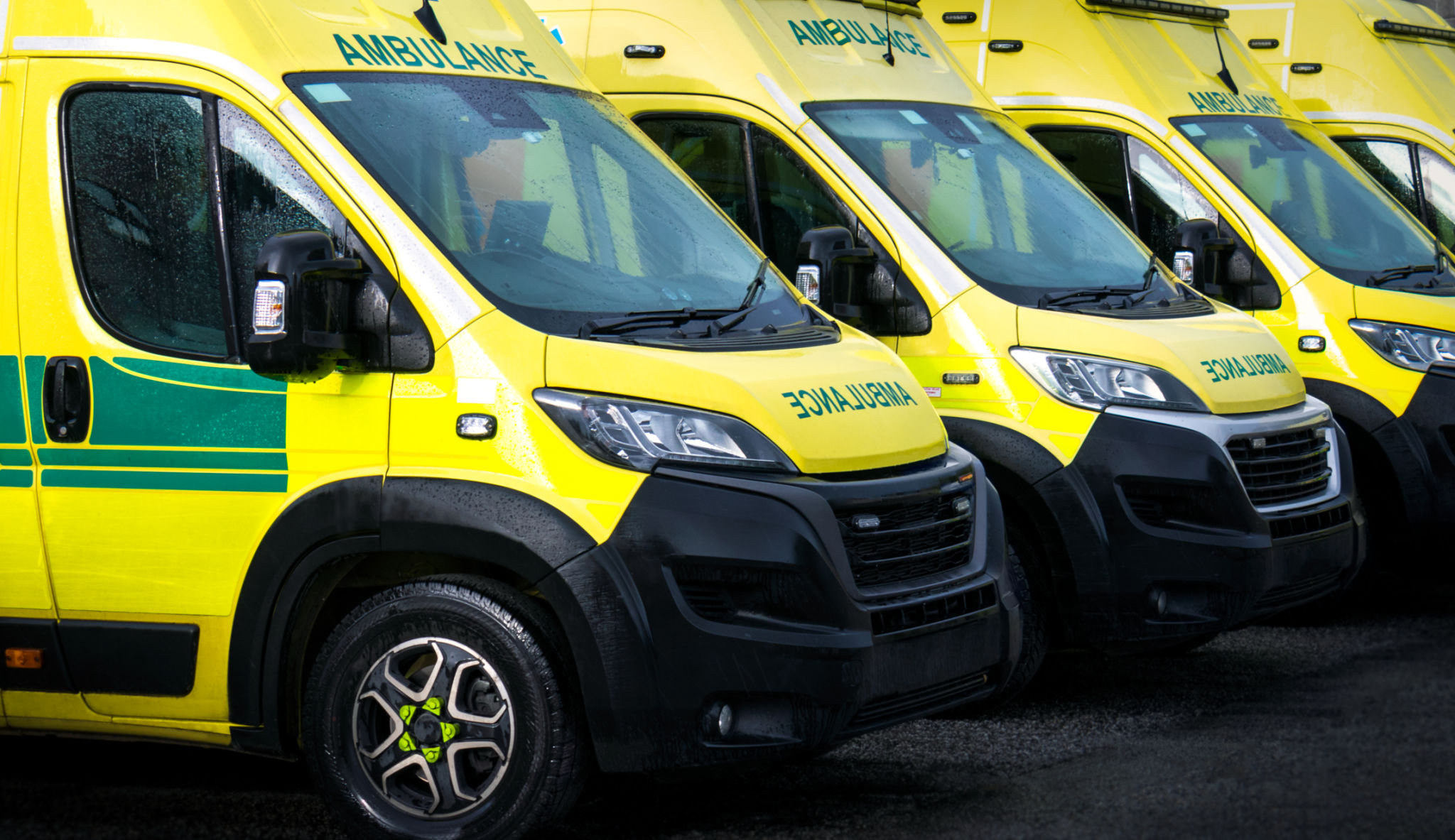A Comprehensive Guide to Healthcare in Spain: Navigating the System
Spain boasts one of the most efficient healthcare systems in the world, characterized by its universal coverage and high-quality services. Understanding how to navigate this system can be incredibly beneficial for both residents and visitors. This guide will break down the essential components of Spain's healthcare system to help you make informed decisions about your medical care.

Understanding the Public Healthcare System
The public healthcare system in Spain, known as the National Health System (Sistema Nacional de Salud), provides universal coverage to all residents. Funded by taxes, this system offers free or low-cost medical services, including primary care, specialist visits, and hospitalization. To access these services, individuals must register with their local health center and obtain a health card (tarjeta sanitaria).
Non-residents and tourists can also access emergency medical services in Spain, but they might be required to pay for non-emergency treatments. It’s advisable to have travel insurance or a European Health Insurance Card (EHIC) if you're visiting from the EU.
Primary Healthcare Services
Primary healthcare is the cornerstone of Spain's medical system, with local health centers (centros de salud) acting as the first point of contact. These centers typically offer a range of services including general practice, pediatrics, nursing, and midwifery. It's crucial to register with a local GP to receive continuous care and referrals to specialists if necessary.

The Role of Private Healthcare
While the public healthcare system is comprehensive, some individuals opt for private healthcare to avoid wait times and access additional services. Private insurance can provide quicker access to specialists, shorter waiting periods for surgeries, and more comfort during hospital stays. Many private hospitals in Spain offer high-quality care, often with multilingual staff catering to international patients.
Private health insurance is widely available, with plans ranging from basic coverage to comprehensive packages that include dental and optometry services. Comparing different providers and policies is essential to find the best fit for your needs.
Mental Health Services
Mental health services in Spain are integrated into the general healthcare system. Patients can access psychologists and psychiatrists through public health centers or seek private therapy options. Although public services are available, they might have longer waiting lists compared to private clinics.

Pharmacies and Medications
Pharmacies (farmacias) are widespread throughout Spain and are easily recognizable by a green cross sign. They play a crucial role in the healthcare system by dispensing medications prescribed by doctors and offering over-the-counter remedies. Pharmacists in Spain are well-trained and can provide advice on minor health issues.
Prescription medications are often subsidized by the government, making them affordable for residents. However, non-residents may need to pay full price unless covered by travel insurance or an EHIC.
Emergency Services
In case of emergencies, Spain's public hospitals provide quality care without prior appointments. The emergency number in Spain is 112, which connects to ambulance services, police, and fire departments. This service is free of charge for all individuals, regardless of their residency status.

Understanding Spain's healthcare system is vital for accessing the medical care you need while living or traveling in the country. Whether you choose public or private healthcare options, being informed about the available services can ensure you receive timely and appropriate medical attention.